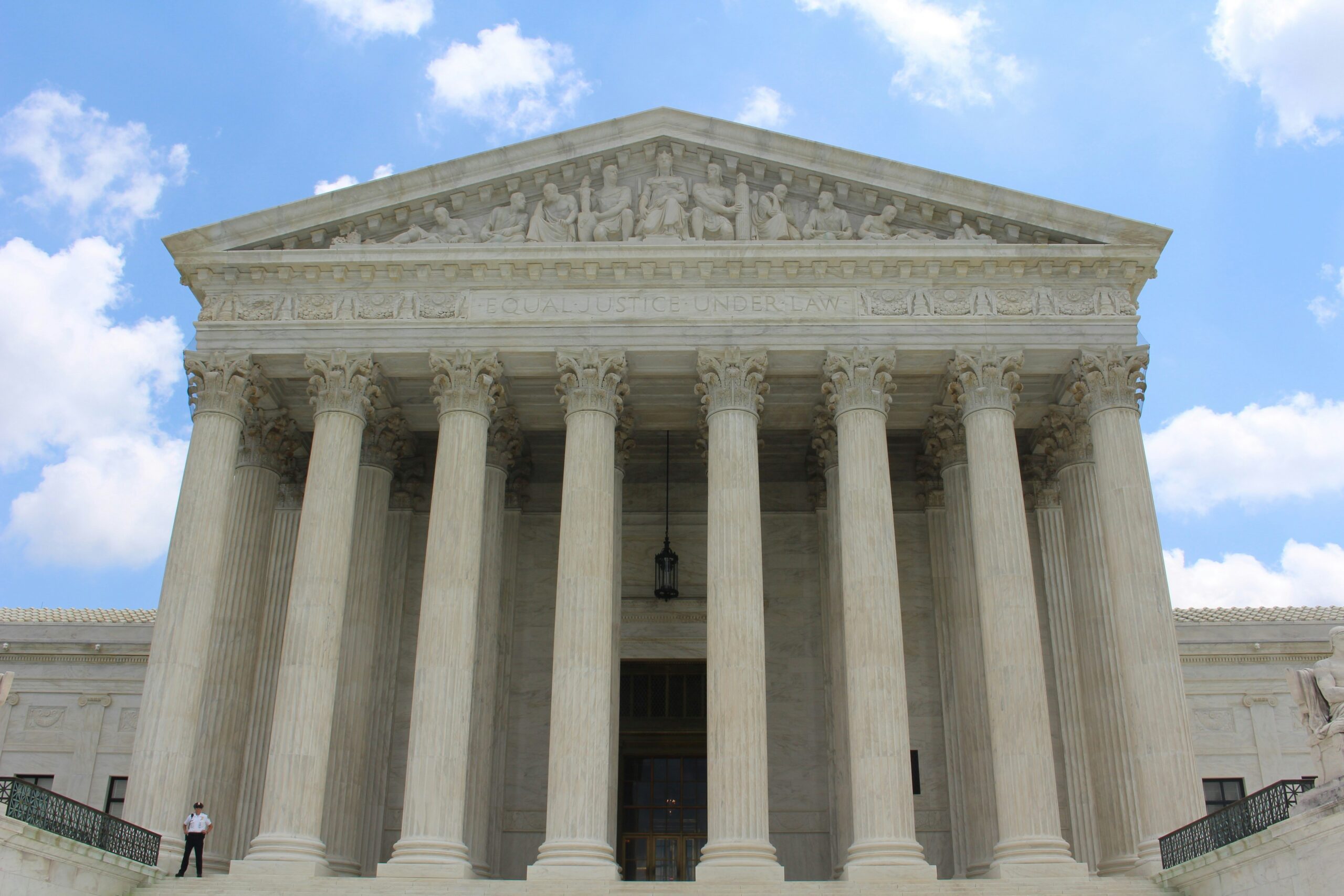News
April 30, 2024
On April 23, 2024, the Federal Trade Commission (“FTC”) finalized a rule that bans virtually all non-competition agreements between a business and their “workers” (more about what a “worker” is below). The new rule would prohibit businesses from restricting a worker’s ability to work for competitor following the worker’s separation from the business.





